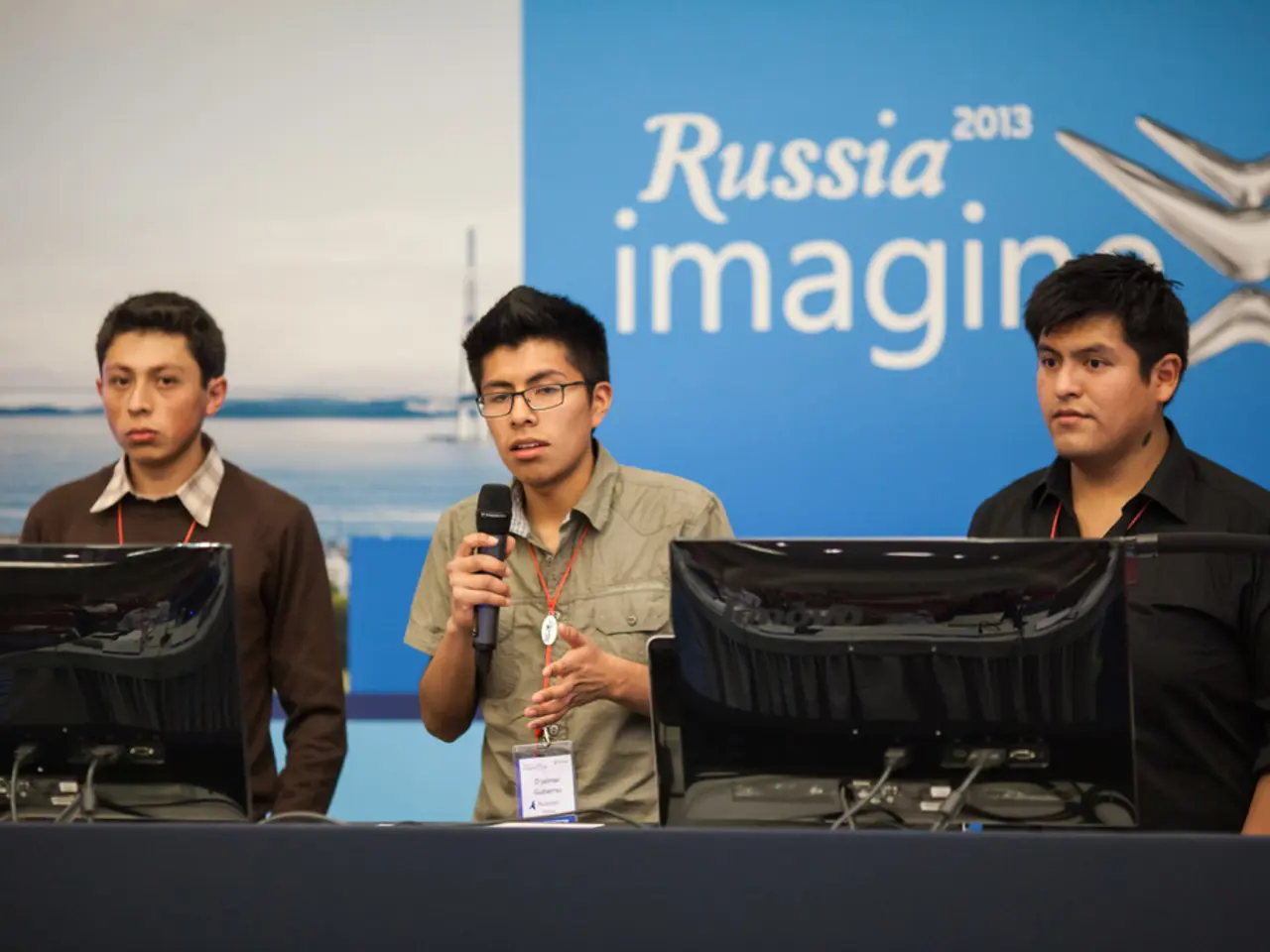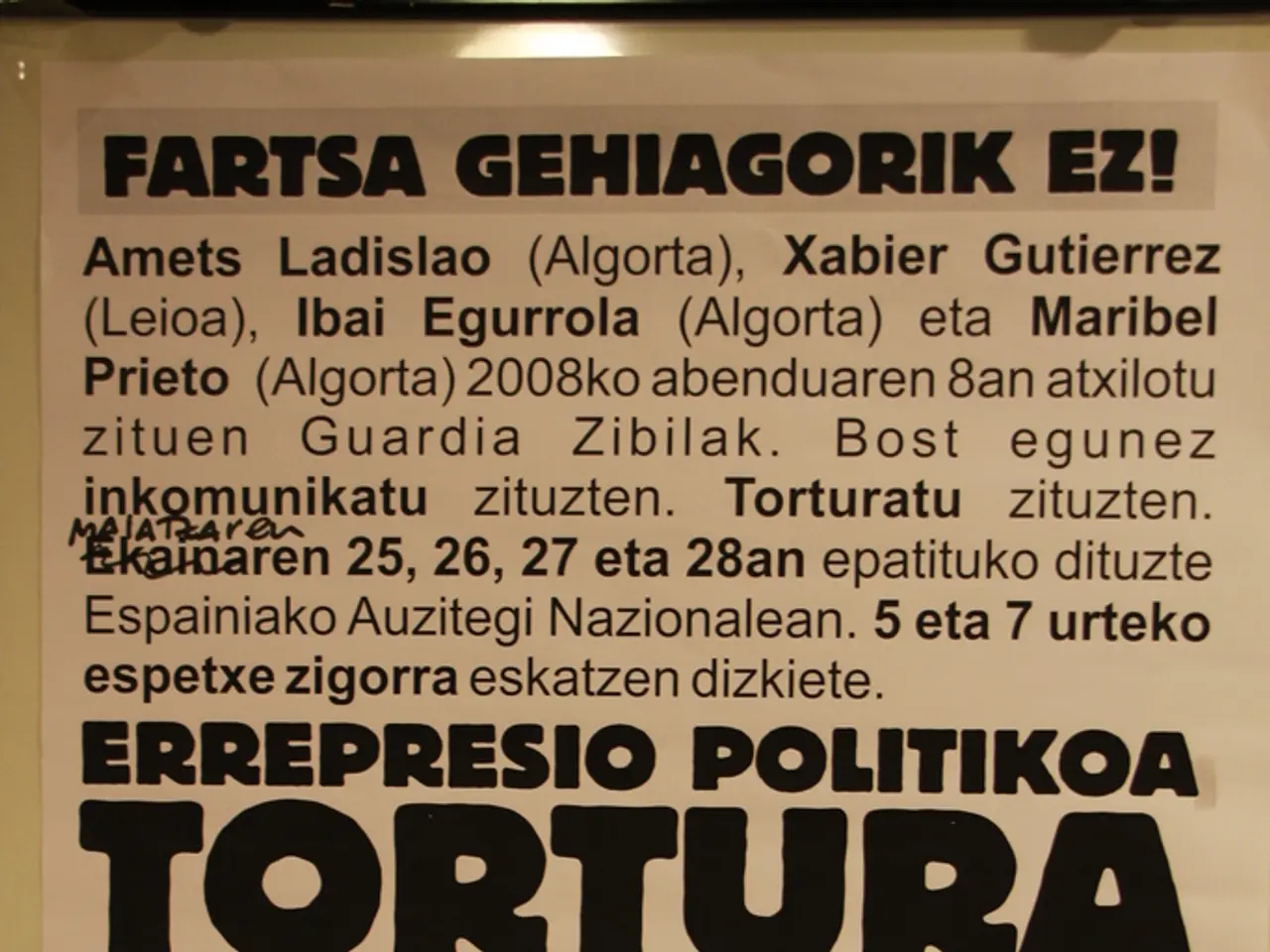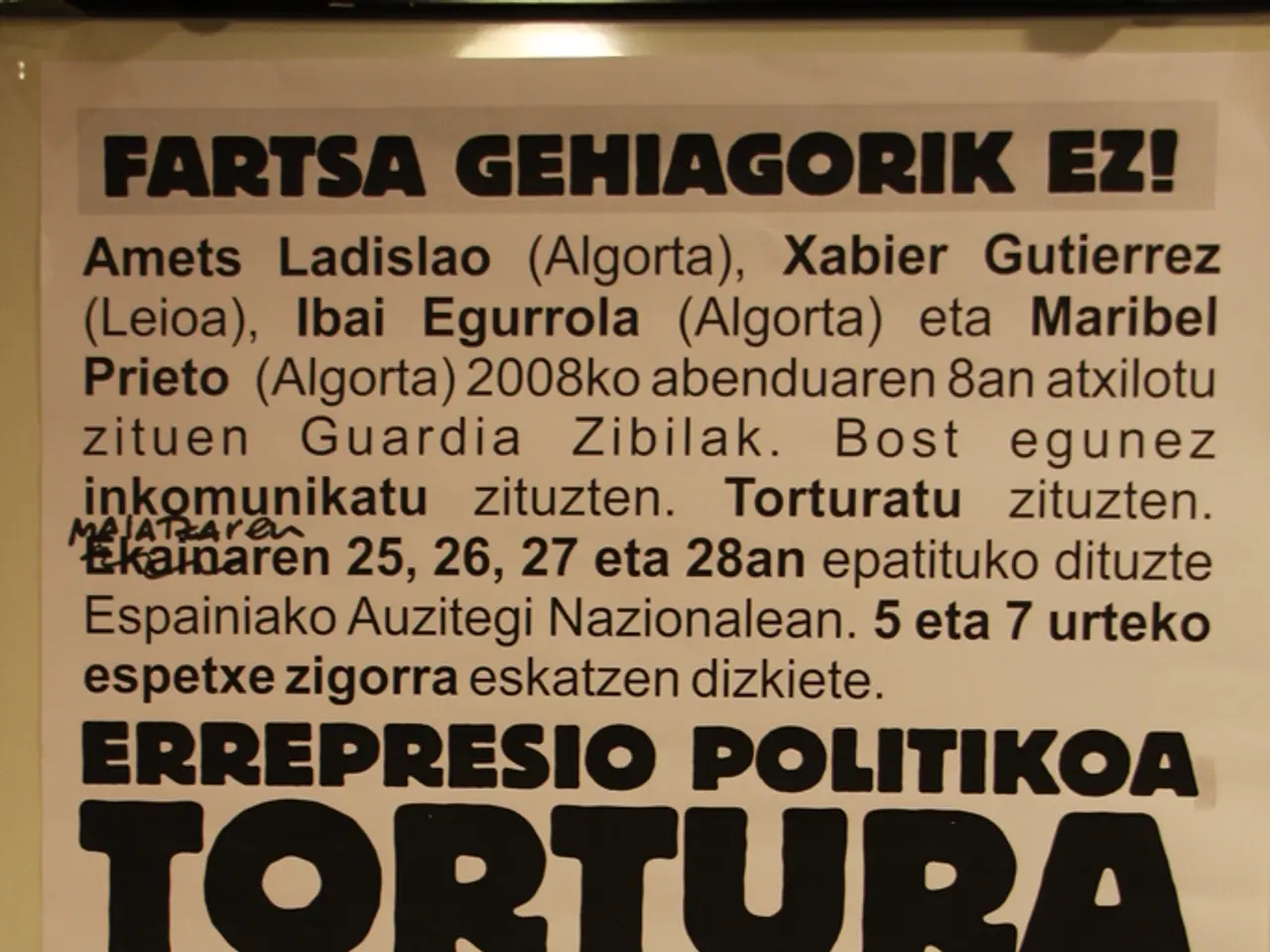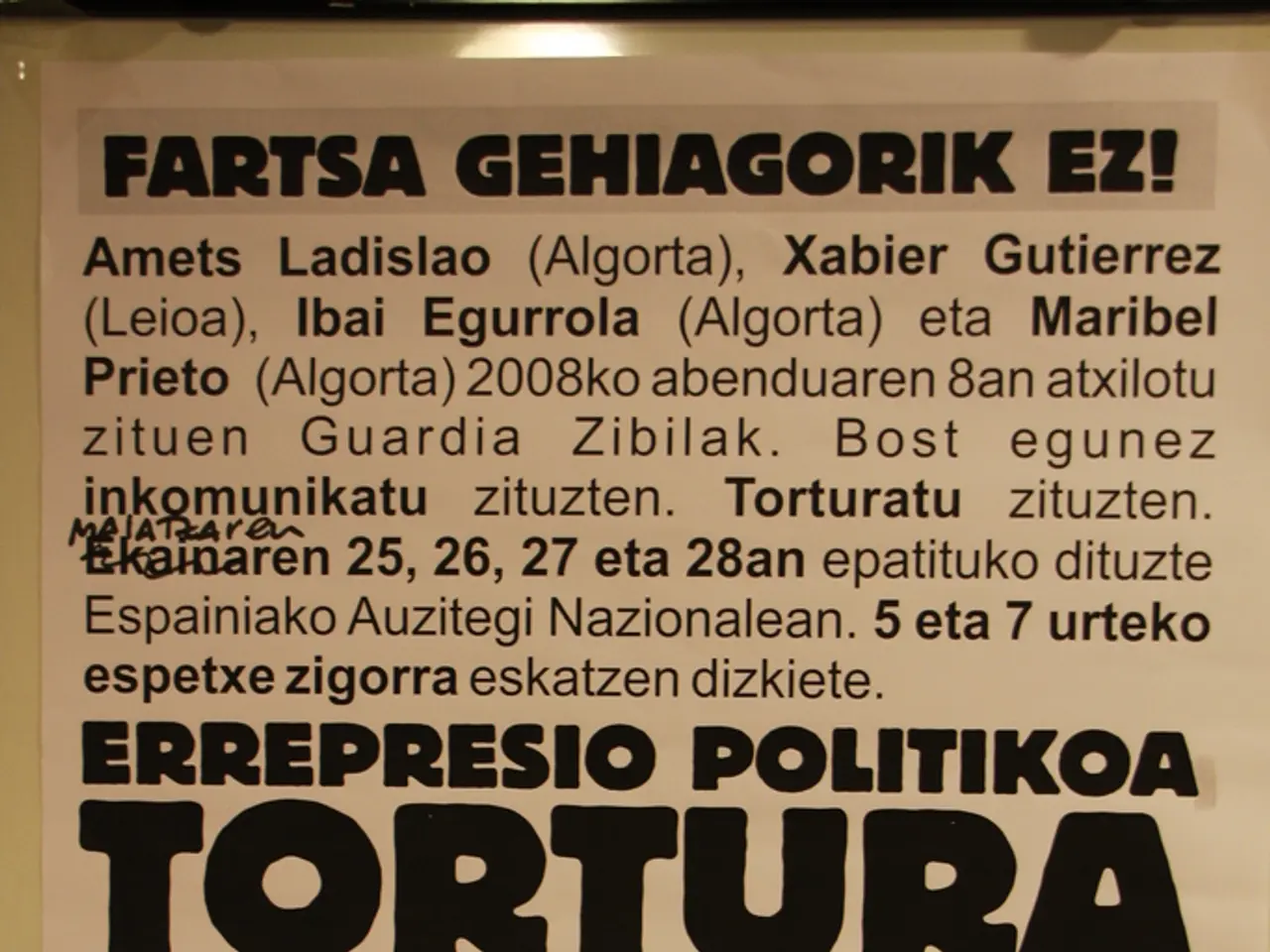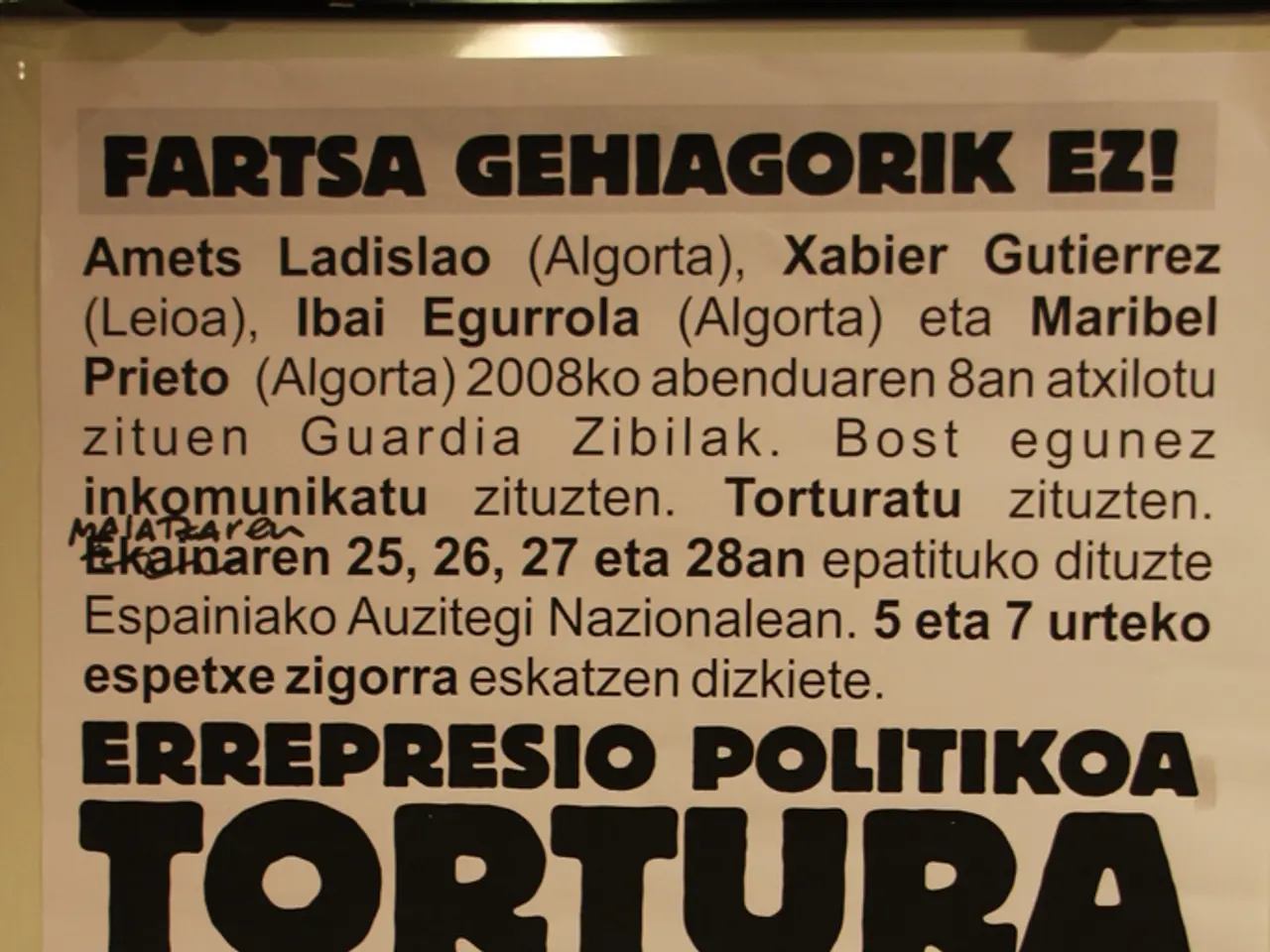EU Commission deems Nord Stream 2 inadvisable
EU's Borrell Criticises Nord Stream 2 Pipeline Over Geopolitical Risks
Josep Borrell, the EU's High Representative for Foreign and Security Policy, has voiced his concerns over the Nord Stream 2 pipeline, primarily due to its potential geopolitical risks. In a recent statement, Borrell highlighted that the pipeline could increase European dependence on Russian gas, giving Russia greater political leverage over Ukraine and the EU.
Borrell's concerns revolve around several key issues. Firstly, he fears that the enhanced ability of Russia to manipulate energy supplies as a political weapon could lead to increased vulnerability for both the EU and Ukraine. Secondly, the pipeline could undermine the EU’s energy security by reducing the leverage of transit countries like Ukraine, which have traditionally benefited economically and strategically from gas transit fees.
Thirdly, the pipeline may weaken the EU’s unity and resilience by making member states more divided on their energy sources and relations with Russia. The 2022 Ukraine crisis serves as a stark reminder of the risks associated with relying on Russian energy, motivating the EU to diversify away from Russian gas towards more reliable and politically aligned partners such as Norway and the US.
EU officials, including Borrell, emphasise the strategic importance of maintaining energy independence and securing alliances with like-minded countries, rather than allowing influential projects like Nord Stream 2 to undermine these goals.
In addition to these concerns, Borrell has also expressed criticism towards the recent sanctions imposed on Russia due to the imprisonment of Kremlin critic Alexei Navalny. The sanctions, which punish those responsible in the Russian security apparatus and justice who were involved in Navalny's conviction and the suppression of demonstrations, are the EU's first application of its human rights regime.
Borrell has been vocal about his criticisms behind closed doors during his meetings with Russian Foreign Minister Sergei Lavrov. However, he has been more reserved in public, explaining his restraint by not wanting to "run with the red flag" in front of Lavrov, as they say in bullfighting. If such a situation with Mr. Lavrov happens again, Borrell plans to follow the red flag.
In conclusion, Borrell's criticism of Nord Stream 2 is rooted in his belief that the pipeline deepens energy dependency that Russia could exploit geopolitically, threatening EU security and cohesion, especially amid ongoing conflict involving Ukraine. The broader EU stance favours diversification to reduce such geopolitical vulnerabilities.
The war-and-conflicts policy-and-legislation of the EU, particularly the sanctions against Russia due to the imprisonment of Kremlin critic Alexei Navalny, have been addressed by EU's High Representative for Foreign and Security Policy, Josep Borrell. In private conversations with Russian Foreign Minister Sergei Lavrov, Borrell has expressed his criticisms.
In the realm of general news, Borrell's concerns regarding the Nord Stream 2 pipeline extend beyond geopolitical risks, also encompassing potential impacts on the EU's energy independence, security, and unity, especially amid ongoing conflicts involving Ukraine.
